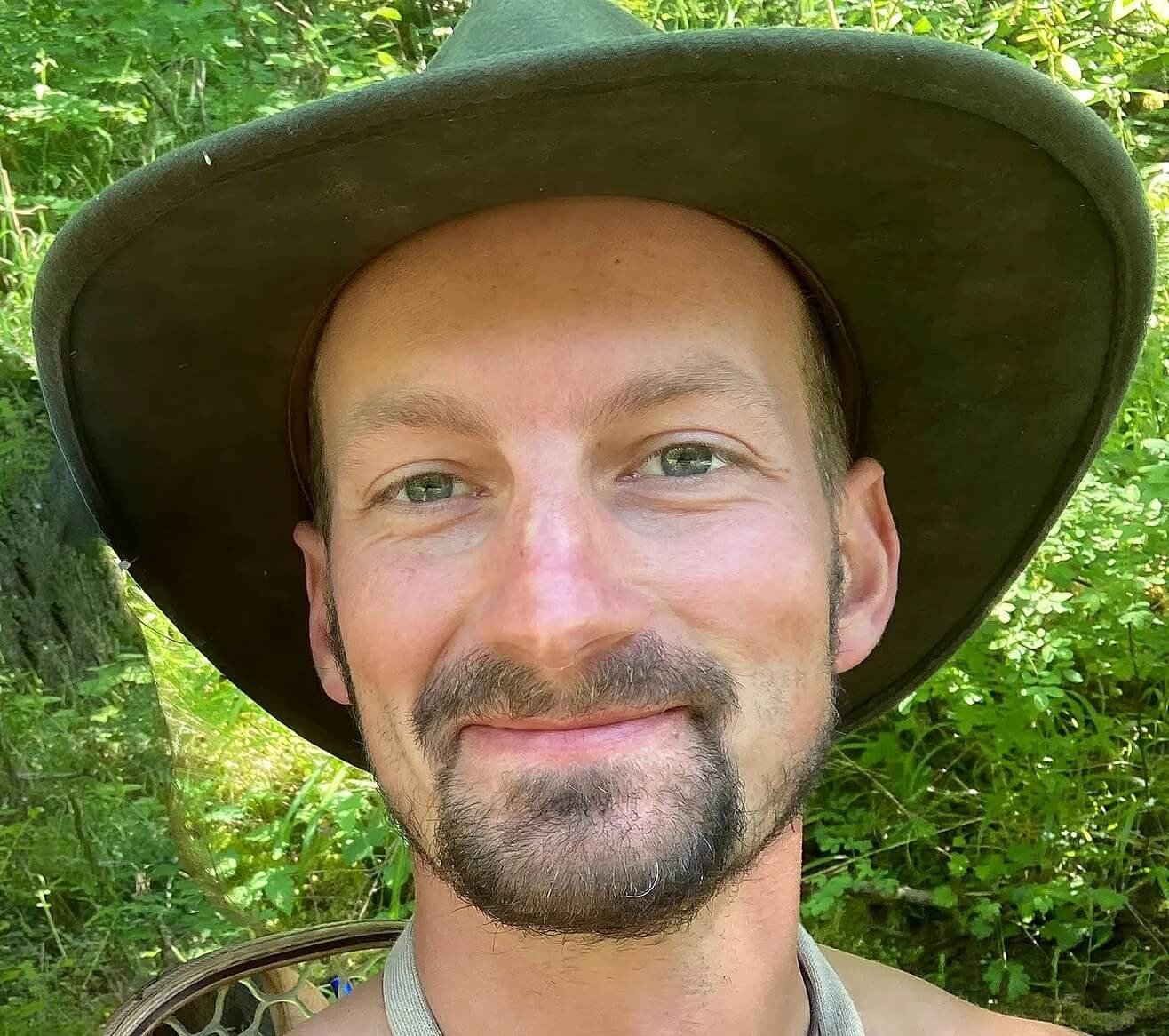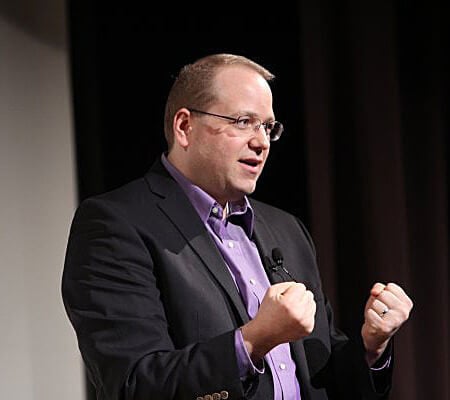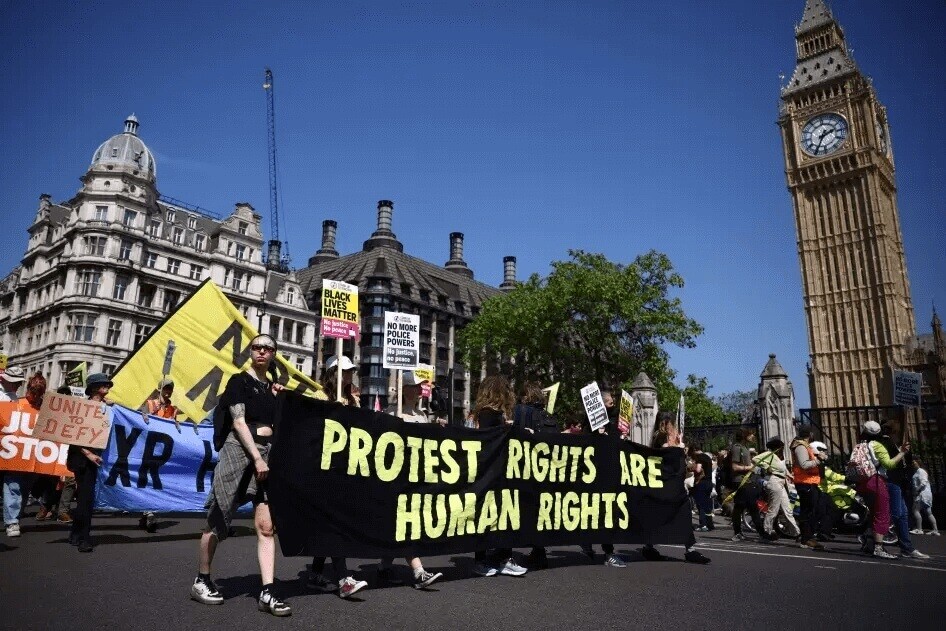Democracy is a universal principle that applies locally. Fostering a sense of community where it is upheld, the legal recognition of nature’s rights is democracy in practice.
Note: This post closely follows an interview with Max Wilbert titled “Resilience is Resistance,” that was conducted by Rachel Donald, the host of Planet Critical, on 7/3/2025. This is my personal take from the wisdom delivered by someone who has dedicated his life to acting on the ground.
The world we live in
The plundering and destruction of nature did not begin with the Industrial Revolution. Extreme deforestation, for instance, has been occurring in various places for thousands of years. We now know that the lack of consideration for the web of life has led to the brutal decline and disappearance of several civilizations throughout history.1
There is no sustainability other than learning how to live in balance with nature, which, in a sense, is us. Though many cultures have developed that wisdom, the world most humans live in at present rewards a predatory behavior that takes an indefinite toll on people and the planet. We know it, but hardly ever dare to think about how our societies could reset their priorities in the service of mankind instead of GDP.
Efficiency and power are all we are used to taking into consideration, as if questioning our ways and trying to give meaning to what we do at a collective level were an oddity. The reverse is true. We are the odd ones. By ignoring the spiritual nature of genuine enrichment and refusing to prioritize our collective needs in light of that finality, we are failing our call as human beings. It is all the more pathetic that there is not much we need to do. Mostly, paying attention to our vocation for happiness and being willing to be free, rather than remaining mere productive units for 99% of our interactions with the collective body of society. This is exactly what motivated great reformers such as Martin Luther King Jr. or Nelson Mandela. However, rather than taking their message seriously, the world praises them as nice people, thus giving itself the license to pursue with full force the exploitation of people and nature that they so fiercely denounced.
Our world is like a teenager, thinking that it knows it all and that drunk driving is cool. Trump is a glaring embodiment of this adolescent stage, where “What advantage do I get from it?” and “Whatever need I have deserves to be fulfilled!” are the exclusive directives the world at large seems to be led by. Parents, at least, can find comfort in the idea that things will improve with time. For society, there is no natural passage to adulthood; it is up to each of us to make it happen. For his part, Max Wilbert is adamant that this is achievable if we consider the task at hand from its proper perspective.

What we are up against can be aptly referred to as patriarchy. In most cultures, the male psyche has long been turned into the one who is in charge by definition, who controls and dominates. That is to say, into an abuser. The fact is that the unquestionable nature of power over things and people largely bestowed upon men attracts pathological personalities. They view power as a top-down, hierarchical relationship in which one party either dominates or is dominated by another. Men tend to be more prone to this delusion, whereas women have a more spontaneous grasp of the fact that genuine power resides in synergy, power with, as nature notably shows, not in the ability to crush others. Failing to recognize that the dominance implied in power over is purely formal and thus artificial, our male-dominated world is founded on an empty mental construct that, leading nowhere by itself, is inherently destructive when taken as a value. But the zero-sum game is precisely what pathological and mediocre personalities are attracted to. Ask Trump.
Our patriarchal culture has not just allowed some fragile egos to emerge as dictators; it has set an entire system of domination where, for centuries, women and entire swaths of colonized populations have been harshly put in their supposed roles and places. If Bibi weren’t gleefully conducting a genocide in Gaza or Donald happily betraying the dupes who voted for him, someone else probably would. Such are, to a large extent, the mechanics of power we came to accept, oblivious that authority is not its own justification. Additionally, raw power is a centripetal force that eventually leaves nothing or no one unaffected by it. Today, its centralizing force could not be better served than by the conjunction of the following three factors: money considered as an end in itself (the “growth” dogma), globalization assumed as the economic highway for all countries, and IT being viewed as the all-encompassing but supposedly harmless tool to surveil and control everything. No wonder most people have a sense of inevitability in the face of such a pervasive form of power. Can we structure another world than the one coming from a short-sighted corporate gospel?
Nature’s rights and democracy
To Max Wilbert and many others, the seminal answer is to assert Nature’s rights. There are two basic reasons for it: one is that it is always a good idea to side with nature rather than against it; the other is that it is the most direct way to create communities—that is to say, places of meaningful and respectful relationships. However, as stated by the CELDF,2 our culture, economy, and legal system are arranged in a manner that separates people from nature and places them above the rest of the planet. The “civilized” world has lived on that abstraction up to the present moment, as we witness the accelerating process of the sixth mass extinction of life forms on the planet. Nature will eventually prevail, but not necessarily with us if we continue to base our “progress” on the same abstract fantasy, and certainly not with us living in a form of society as sophisticated as we are used to. A more grounded view consists, therefore, in considering that as nature works synergistically throughout all its processes, so should we, with it and between ourselves. Operating from the ground up, this path leads to both effective democracy and social contentment, while making us the stewards of nature rather than its destroyers. The only caveat to make it a reality is that the rights of nature must be legally enshrined.
Max Wilbert insists that it is an uphill battle and that there is no silver bullet at one’s disposal at any stage of it. Our economic and legal systems are designed to benefit companies. All the latter have to do in a legal battle is to fix whatever mistakes they made against the law, and then proceed with their projects. At the end of the day, the world is theirs, regardless of how many fixes need to be made. In the meantime, ordinary people are left to their own devices and whatever forces and legal clout they may have. This is why, rather than engaging in legal battles on an uneven battlefield, a more effective approach seems to be to challenge higher laws as a community.
But even this might not work. Companies and the state can collude and sue communities, or preventively ban the right to uphold the rights of nature altogether. In the United States, for instance, although the Constitution begins with the words “We the people,” its prevailing reading mode prioritizes property and commerce rights, as corporations are considered to be persons under the law. In 1886, corporations were granted personhood for the purpose of equal protection. Since then, the Supreme Court and lower courts’ decisions have regularly cemented corporate power.

The law has always reflected the ideals prevailing at a particular time and place, thereby tending to entrench a society’s fundamental understanding of itself and how the world operates. In the present era, environmentalists work from a script that has been written for them. “Keep in mind,” says Thomas Linzey, Senior Legal Counsel to the CELDF, “that the verb ‘to regulate’ postulates that what is regulated has been allowed. We take for granted that what we regulate will be ongoing.” It is, therefore, the underlying framework of governance that must be addressed for fundamental change to occur. Abolitionists in the U.S. did not fight for a slave protection agency but for a change in the Constitution. The same must happen regarding climate change and the environment. In Thomas Linzey’s words, there needs to be “a shift from regulating the activity to defining the actor.” People are people, corporations are legal fictions, and nature is life.
Defining the actor and, thus, promoting nature’s rights is at the core of the democratic ideal. Not only do nature’s rights safeguard our own right to life, liberty, and the pursuit of happiness in a very practical way, but they also call for organizing at the local community level to define how and where they should apply. This is democracy in action, not in opposition to, but complementing the work of formal representative state and federal institutions. However, this informed and articulated lifeblood of democracy is precisely what people in power do not want to hear about in the late stages of the neo-liberal empire. For corporations, electoral politics that they can buy is all that is required for the world to go round. And they can indefinitely use their money leverage.
Resilience is resistance
How, then, can people prevail? For Max Wilbert, there is a symbiosis between resilience and resistance. As nature itself, communities are fundamentally resilient. They do not work at the same rapid pace and with the same bursts of energy that corporations are capable of, but their strength lies in the meaningfulness of engaging in relationships with people who share a common interest. No stash of money can beat the inner feeling of creativity that results from that engagement. In fact, none of the most outstanding artistic, scientific, or moral achievements in human history would have ever been made if it had not been for the sake of our shared humanity. Running for money comes a distant second compared to the sense of awe and fulfillment that stems from opening one’s mind and heart.
That said, prevailing against the power of money remains a tough call. It is not easy to be labeled a terrorist when peacefully conducting direct action on the ground, as it is required in the emergency created by the corporate war against people and the planet. Not that corporations and CEOs are necessarily evil, of course. The war is in pretending that money-making is all that the world needs. This call for irresponsibility is a cynical farce, the matrix of most forms of injustice we know today, as well as an insult to human intelligence. Faced with the intellectual and moral vacuity of the neoliberal ideology, we, the people, will prevail by building the alternative, but it should surprise no one that, like the abolitionists smeared and put to jail in the United States for seeking justice, the same happens to environmental activists today.3 The phrase “fight for justice” means exactly what it says.
The radicality of reconnecting with nature and one another in our local communities is not lost on those in power. It makes sense; they don’t. In the service of money for the sake of money and power for the sake of power, they could not fear anything more than a government of the people, by the people, for the people. Building communities is trying to make sense of who we are and take ownership of our own fate as social beings, in harmony with one another and the natural environment that sustains us. Like the Athenians of the fifth century B.C., it prioritizes concern for politics over everything else and demonstrates to the world how beautiful it can be to be human together. It is the exact opposite of tribalism, as some would have it when they refer to their “community” as a narrow, closed-up sliver of people implicitly at odds with the rest of the world. It is, on the contrary, universalism in action, as it honors the singular genius of people and places. But democracy is anathema to powers founded on the delusion of power, whether through the domination of the sword or money.
The present corporatocratic regime, which reigns virtually worldwide, is dismayed by the idea that people could wake up to the fact that freedom and justice for all are indeed achievable and that income inequality is not a fatality. Just imagine. Once people realize that the virtue of democracy extends far beyond the smiley face of consumerism, it also opens up the possibility of a sustainable world. What could then prevent them from going for it? In the way the rights of nature principle is decided upon and applied to the benefit of the concerned local populations, it is inherently democratic. This is why, beyond the eventual blocking of environmentally destructive projects, this principle poses a profound threat to the global power system we have inherited.
This fight is not new. The rich and powerful of our time merely perpetuate the enclosure of the commons, a process that notably occurred by royal decree in England at the end of the Middle Ages. Resulting from the commodification of land, people, and money, this process can only be stopped when and where the law speaks for the people. However, if people living in unjust conditions can indeed take a chance at defending their rights, nature will remain forever silent in human courts. This makes legally protecting her fundamental role as the primary provider of our well-being all the more critical.

The cultural challenge we face is that money speaks loudly and clearly; it is immediately measurable, whereas the qualitative nature of human values and the holistic process that conditions life’s fecundity cannot be represented on an accounting spreadsheet. We have, in this regard, centuries of indoctrination to overcome concerning the accumulation of money as a relevant gauge of human progress. Fortunately, communities do not need an intellectual demonstration to prove their human, political, environmental, and economic benefits. They just need to be built. It is not a utopia; it is a necessity. And it does not come about through sheer grace, but challenging, lengthy work and many mistakes.
The stakes are simple enough. Aside from its many benefits at an individual level, stepping out of the rat race for the exclusive price of more money is also the only future we have. Either we reconnect as siblings born from Mother Nature and try to make sense at a collective level of being human, or we continue to prey on the world around us because there’s money to be made in doing so, and Mother Nature tells us it’s bedtime. Forever. Yet, we are so used to what we are used to that a lot of time has been lost in becoming politically mature. We are hardly a community anywhere in the world, aggregating instead as an addition of “individuals and their families,” as Margaret Thatcher would have said. It is also that the movement toward a government genuinely of the people, by the people, for the people is not cohesive enough. It notably lacks a more centralized information system, thus missing important lessons between different groups and initiatives.
But again, the most important thing is engagement. Taking a leap of faith and being ready to fail. That engagement is its own reward since it makes total sense anyway. Neither does one need to think things through from the outset, nor should one wait for the perfect revolution to reach their doorstep before mobilizing. All in all, fighting for the rights of nature is a good starting point for implementing the real-world moral, political, and economic implications of a sustainable society at a local scale. As it has now crossed several environmental thresholds, the extractive model imposed on the world for centuries is reaching its final stage, and if we want the whole of humanity to be able to feed their children one or two generations from now, there is no time to waste in building a more collaborative and inclusive one.
Everyone can recognize that all fundamental values of life reside in people and beauty. It is just that we do not pay enough attention and do not take enough time to let these truths sink in. Instead, we let our priorities get messed up by the empire of money and profit-making. As its unsustainability becomes evident on the social and environmental fronts for many, this empire can only perpetuate itself by fostering ever greater divisions among people on the political front. Instilling fear is the ultimate weapon of power over people; it is thus no wonder that we are increasingly immersed in a culture of xenophobia, racism, and general mistrust. Empires need people to be distracted, and if genocides and wars are the price to keep the institutional status quo that some benefit from, so be it. Hence, the importance for the rest of us of re-learning to see the beauty that reveals itself in art, nature, and people.
It’s okay to say no to a world that is inherently violent against people and nature, and resist however you can. You will be smeared and labelled a “terrorist,” as empires have no valid argument to defend their cause. But saying “no” and physically opposing injustice is a positive thing when it comes from a place of love, with an articulated path toward the alternative.

